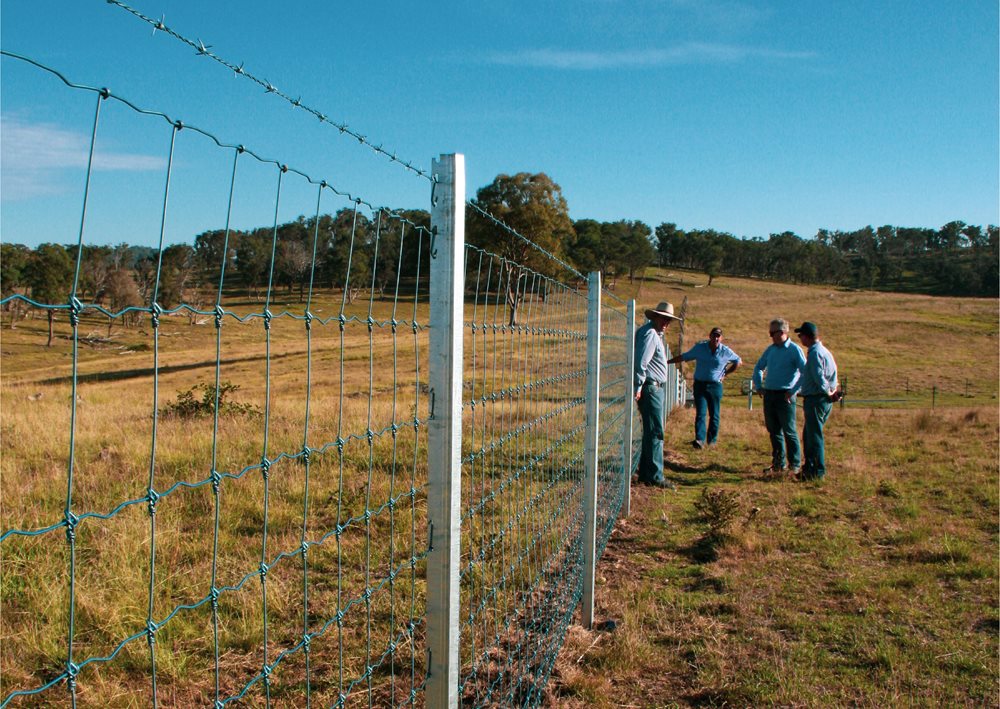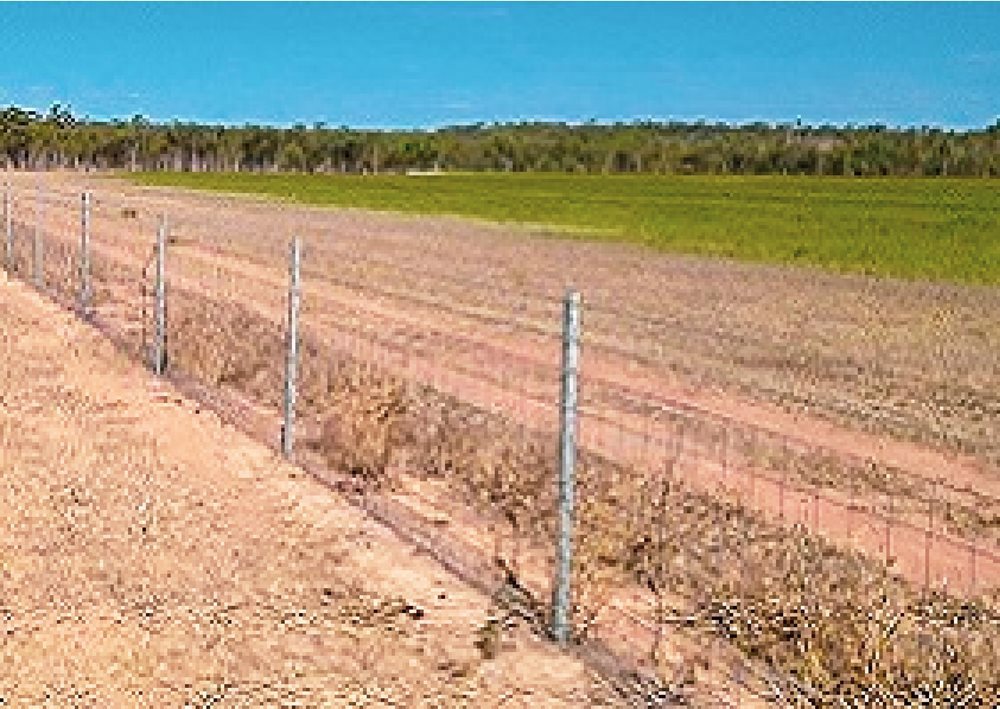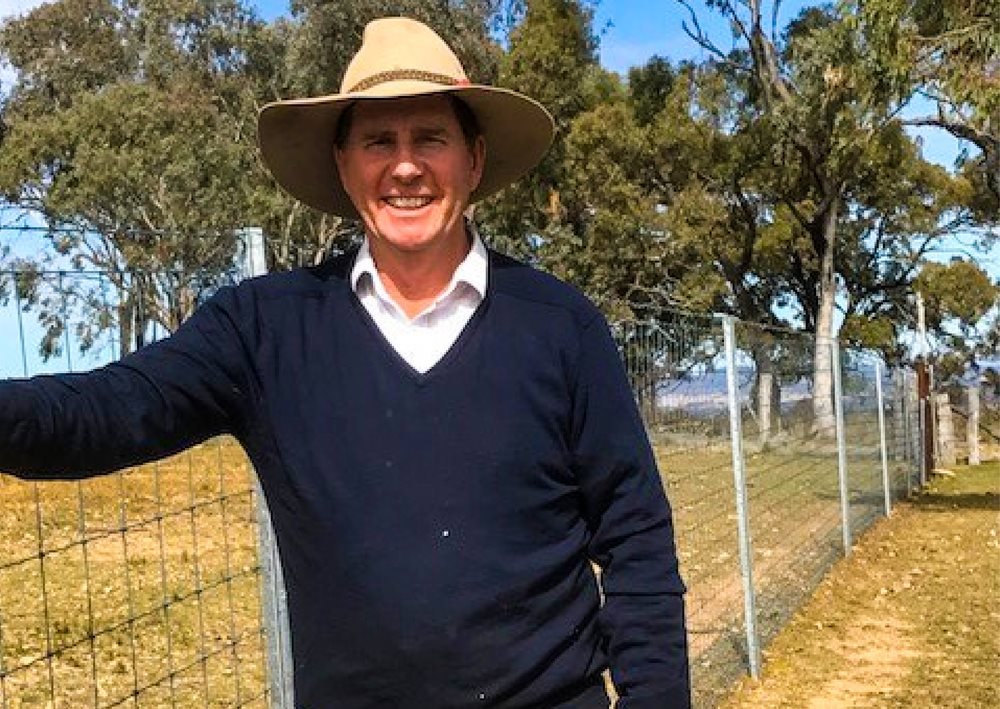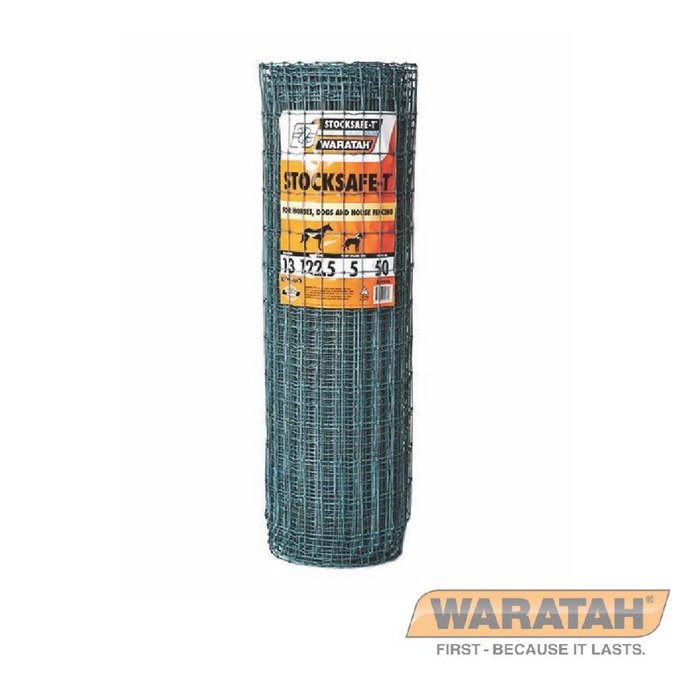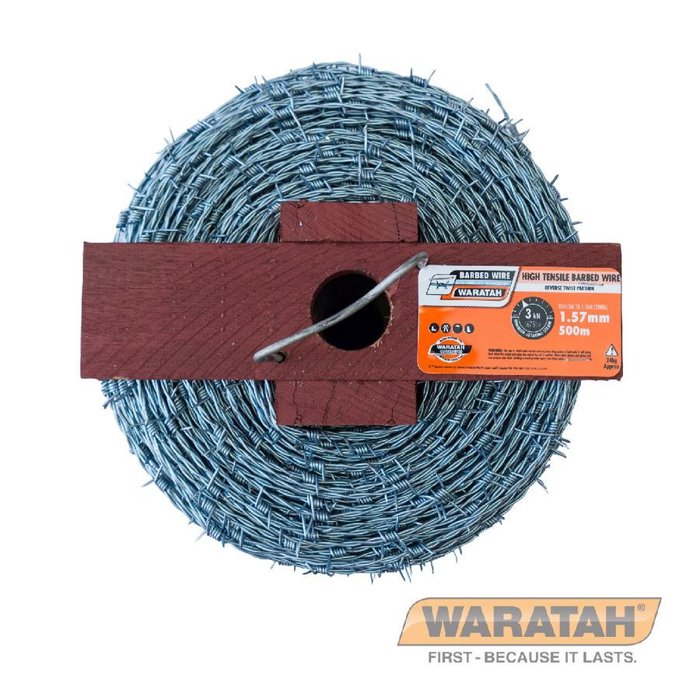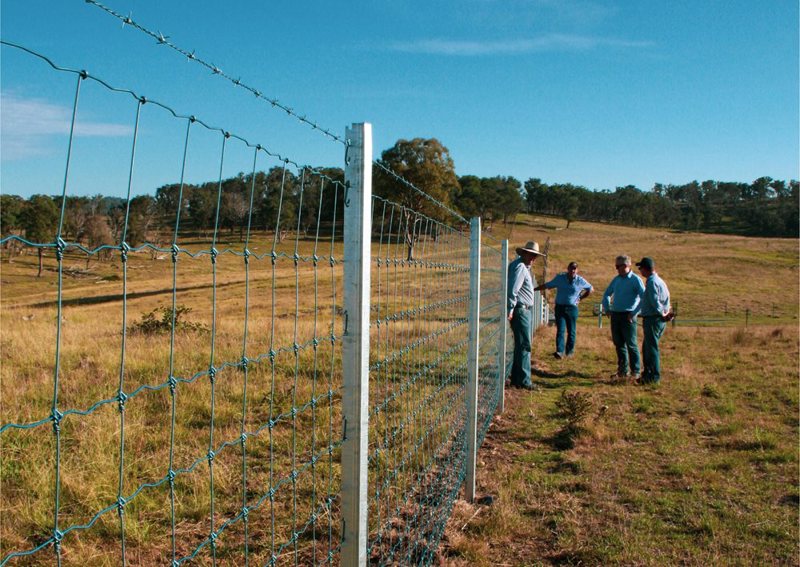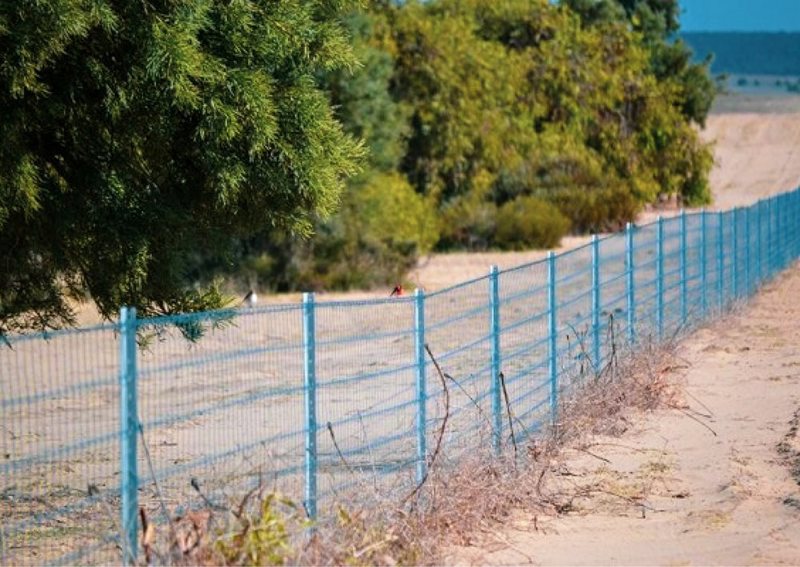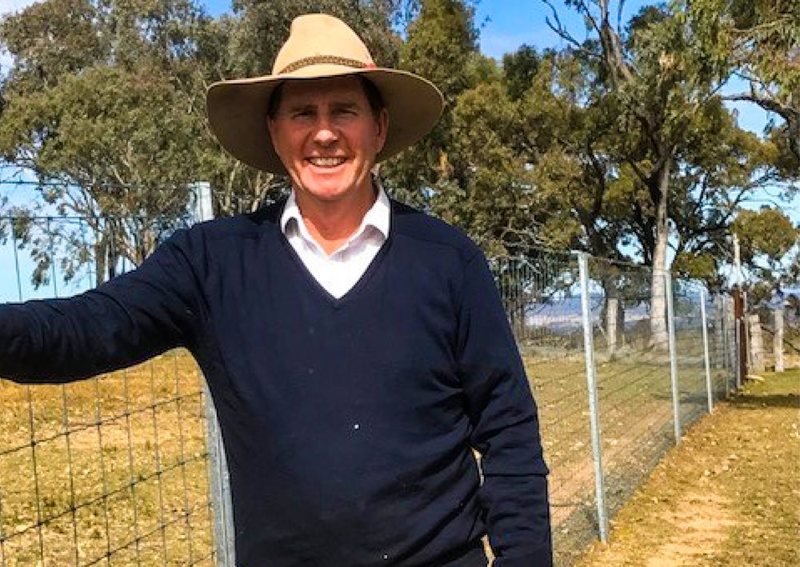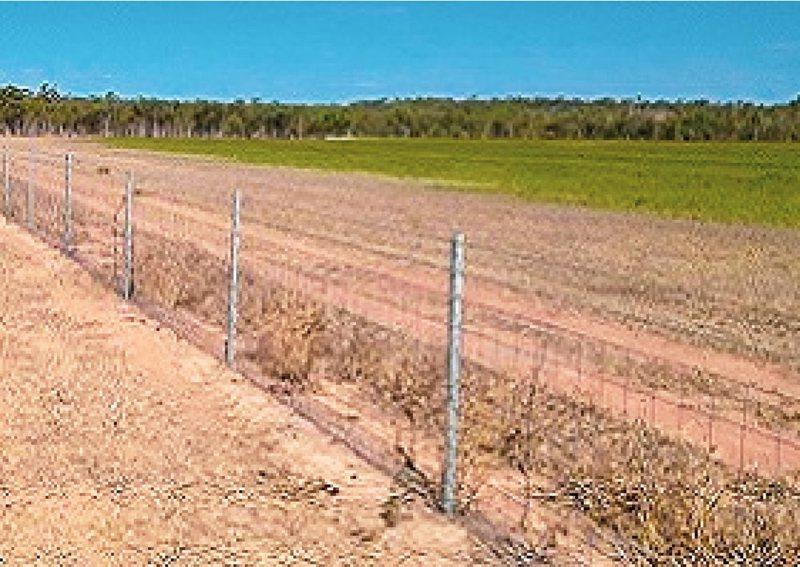Wongwibinda Cluster Exclusion Fencing
The problem
Within the area of Wongwibinda, which is situated in the New England tablelands of northern New South Wales, many farm owners were losing their livestock due to feral predators. The major issue in the region is wild dogs attacking cattle and sheep. Farmers within the area had spent a lot of their man hours monitoring and attempting to maintain the vermin issue without success.
The steep creek beds and rolling hills deterred the farmers thought of installing exclusion fencing in the area. However, being faced with feral pests such as wild dogs, foxes, pigs, rabbits and kangaroos farm owners in the area did not have another choice.
The solution
Several farmers within the area joined forces to install cluster exclusion fencing within the affected area. The exclusion fence stretched out 65km. Waratah Blue Latch post were used, these posts are 40% larger than the Jio Star post, providing additional ground holding ability making them resistant to movement. The great thing about the Blue Latch Posts is the ease of installing wire, the latch design does not require the use of tie wire or clips. The use of Stockgrip Long Life prefabricated fencing worked well with the undulating ground, as it contours to it’s surroundings and also allows greater spacing between posts. High tensile barbed wire was added to the top, this was an additional preventive measure to ensure the security of the area.
For the first time in many years, lambs will be arriving to the local farms. The installation of exclusion fencing in the affected area was a permanent and cost-effective solution to treat the issue of keeping predators out of unwanted areas.
Watch the video below:
